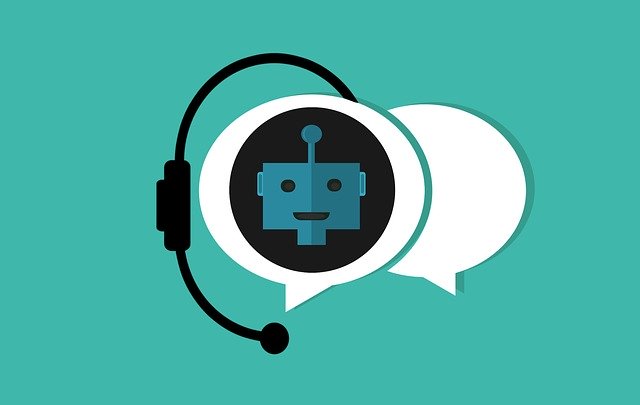Chatbots are the latest fad in web design, particularly in the eCommerce space. The idea is that by equipping one’s website with artificial-intelligence-driven support software, a brand can provide a better overall customer experience. This isn’t entirely untrue.
As noted by marketing blog SEO Hacker, a well-implemented chatbot can add a ton of value to a website. First and foremost, it allows you to provide faster, more effective customer support. It can provide immediate, real-time assistance to your customers, helping them with everything from locating a product in your inventory to managing a tech support request.
They’re also a valuable source of data for learning more about your audience. As a rule, a chatbot will need to collect at least some information about each customer it interacts with for personalization purposes. With a bit of tweaking, this can help you identify qualified leads and target your most engaged customers.
Speaking of engagement, chatbots can significantly improve user engagement, personalizing your website based on a user’s responses, providing product recommendations, and more. And all this while saving you money on staffing and development costs. In short, they’re an incredibly powerful marketing tool.
But how do chatbots impact search engine optimization (SEO)?
The short answer is that they don’t. Not directly, at least. But they can influence how well your site performs on Google.
The search giant has made no secret of the fact that it wants to provide its users with the best experience possible. To serve them the most valuable results it can. It uses a bevy of metrics to determine whether or not it’s done so successfully.
Where chatbots are concerned, there are a few that are particularly relevant.
- Bounce rate. How many people leave your site after viewing only a single page.
- Pages per session. How many pages, on average, each user views before leaving.
- Dwell time. How long a user spends on your site.
A good chatbot means your audience, on average, will spend more time on your site and interact with more pages on your site. It allows you to more effectively draw visitors in and keep them interested than a static page. And perhaps most interestingly, through the user data gathered via a chatbot, you can generate better, more personalized content for your audience.
You might not expect chatbots to have much to do with SEO. On the surface, they certainly don’t. But given that these days, optimization is more about the user experience than keyword targeting, it should come as no surprise that they have their role to play, just like everything else on your site.
